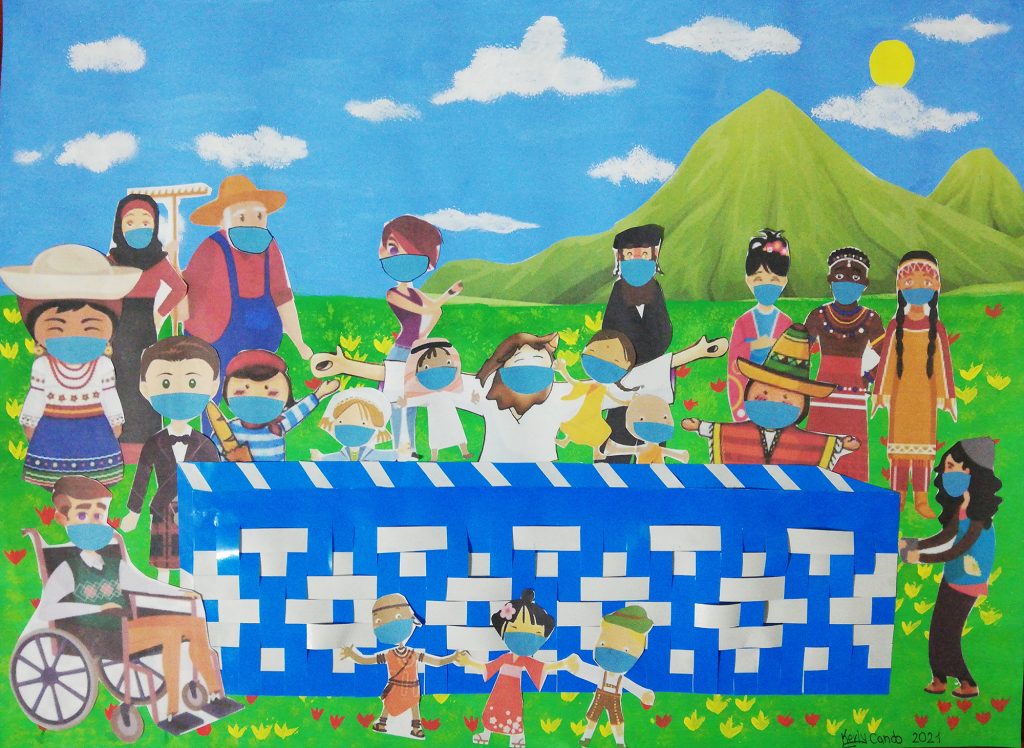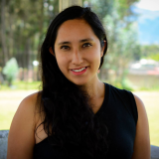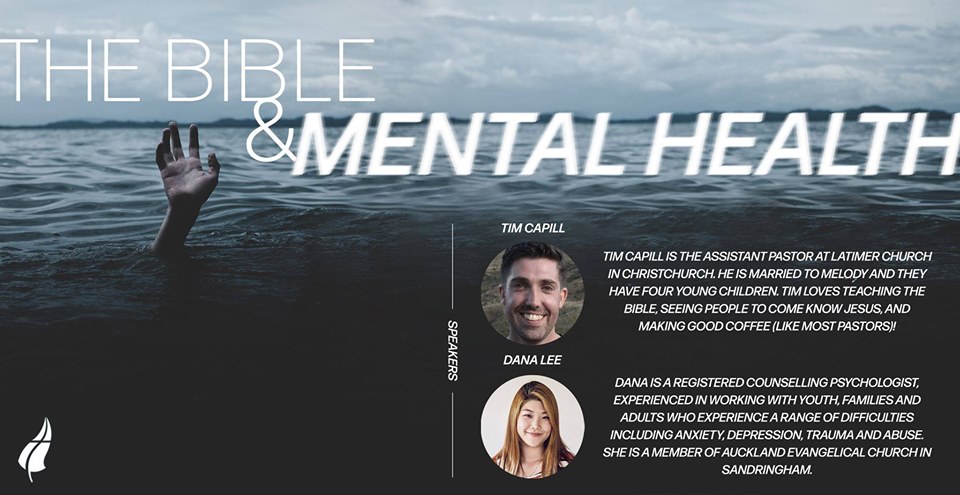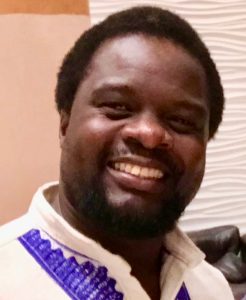Since 2016, CECE Ecuador has been looking for ways of intentionally promoting spaces and processes to create a dialogue between faith and art. These spaces have happened at national camps, Student Formación events and as an integral part of the Bible study resources that are used every semester on campus. The main goal is to establish a dialogue between a passage of Scripture and visual art, so that God’s Word becomes more real and changes students’ lives. This can happen by creating their own art as a response to the text or reflecting on someone else’s work of art. We noticed that it was important, and that many students needed this dialogue and to incorporate faith and art into their lives. We also realised that, for some people, visual elements are key when they engage with Scripture, as well as reading the text out loud.
We also aim to offer training in art and faith, to reflect God’s character as Creator and to place our art in God’s great story and the reconciliation of all of creation.
During the pandemic we organised several workshops and presented an online exhibition created by students, on a dialogue with Deuteronomy. Other workshops that we organised included themes such as the art of creating, artist’s vocation, justice and art, and a celebration of Advent by integrating elements of art and liturgy.
We also want to pique people’s curiosity and encourage conversations with students who are not Christians. We want to use art to create spaces where you can engage with the gospel, not only by hearing but also seeing. It has been great to see artists of different abilities taking part in this dialogue, and to see the impact it has had on their lives as a result of the dialogue between Scripture and their art.
Here are two examples of visual art created as a dialogue between two passages of Scripture in Acts and Deuteronomy. We are also giving you the link to our website (in Spanish), where you can learn more about this creative process with a theological approach, from the point of view of university students.
Artist: Kerly Cando
Title: La Verdadera Iglesia (The True Church)
Bible passage in the dialogue: Acts 10, during CECE’s National Camp in March 2021
Link: here

Artist: Juan Esteban Vásquez
Title: Tierra de Todos (Everyone’s Land)
Bible passage in the dialogue: Deuteronomy 23, after the Student Formación Event in September 2020
Link: here

Ruth Tobar, Pastoral staff worker and member of the CECE Faith & Art Dialogue Team.





 “The Word Among Us” is a very valuable resource that we have used as part of our training for new student leaders in Jalisco. This booklet has helped students to have stronger convictions regarding Scripture and to love the Bible more. It has also encouraged and challenged them to live out their faith according to Scripture, and it has encouraged them to trust in the power and impact of God’s Word.
“The Word Among Us” is a very valuable resource that we have used as part of our training for new student leaders in Jalisco. This booklet has helped students to have stronger convictions regarding Scripture and to love the Bible more. It has also encouraged and challenged them to live out their faith according to Scripture, and it has encouraged them to trust in the power and impact of God’s Word.
